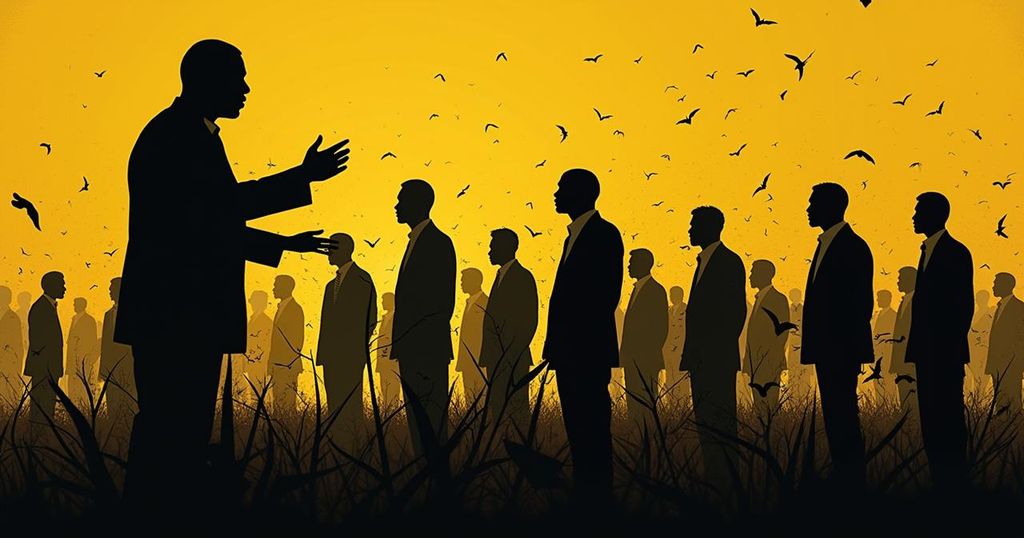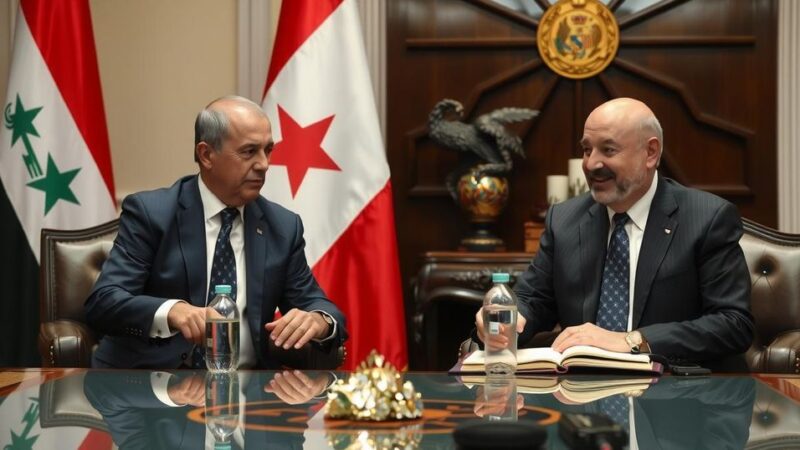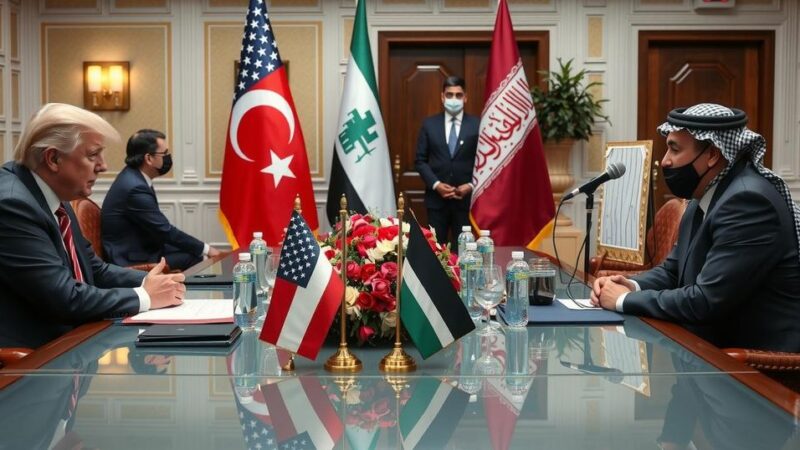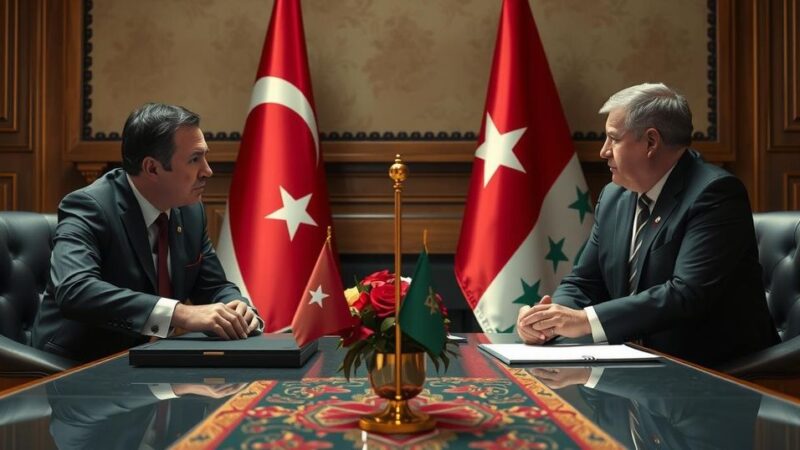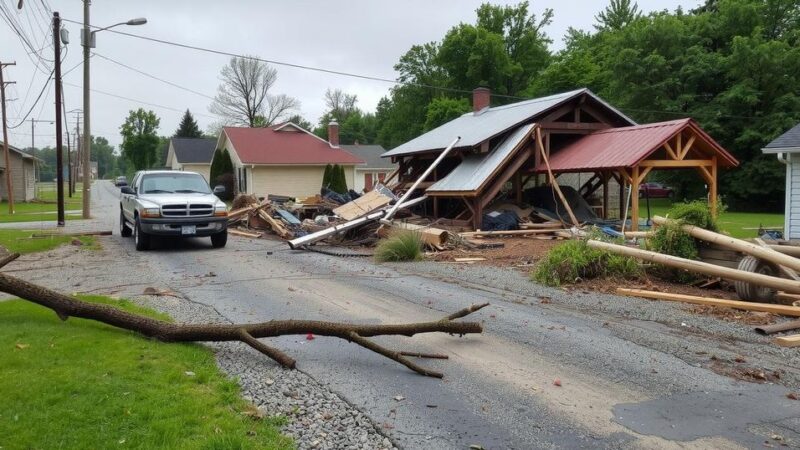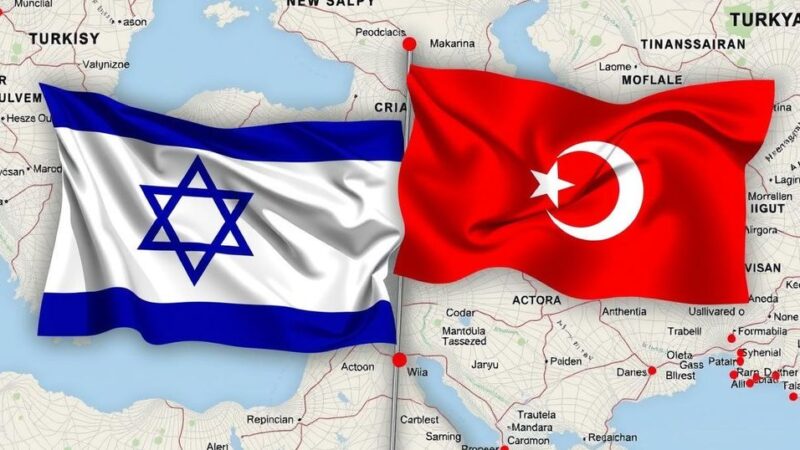Amnesty International has called for the DRC’s President Félix Tshisekedi to be held accountable for human rights violations amid ongoing conflicts, urging an end to the state of siege and demanding justice for victims. The organization highlighted significant humanitarian crises affecting millions in the DRC, compounded by a lack of accountability for perpetrators of abuses.
Amnesty International has formally urged the international community to hold the President of the Democratic Republic of the Congo (DRC), Félix Tshisekedi, accountable for ongoing human rights violations. The organization highlighted that during Tshisekedi’s recent address to the UN General Assembly on September 25, he failed to acknowledge the alarming degradation of human rights in the DRC under his administration. In a report presented by Jean Mobert Senga, Amnesty International’s DRC researcher, the organization underscored the government’s neglect towards its citizens amid severe human rights conditions. The report emphasized that armed groups operating in the eastern regions of the country, allegedly supported by Rwanda, further exacerbate the crisis. President Tshisekedi himself referenced these groups, stating, “the resurgence of the M23 terrorist groups supported by Rwanda has caused an unprecedented humanitarian crisis,” while calling for targeted sanctions against Rwanda. Amnesty International has criticized the government’s handling of the human rights situation and reiterated demands for President Tshisekedi to terminate the state of siege in North Kivu and Ituri, which has been in effect since May 2021. The organization also requested an end to threats and arbitrary detentions of journalists, activists, and political dissidents, along with increased transparency regarding instances of sexual violence within prisons. Mobert articulated the sentiment of the organization, declaring, “Despite repeated calls for justice, the government has so far largely failed to bring both Congolese and foreign perpetrators of crimes under international law to justice. Powerful actors continue to operate with impunity, deepening the cycle of violence.” According to the latest data from the UN Office for Coordination of Humanitarian Affairs (OCHA), over 25.4 million citizens of the DRC require urgent humanitarian assistance, and more than six million individuals are currently displaced due to persistent conflict. The ongoing crises within the DRC represent numerous violations of international human rights and humanitarian standards, severely compromising the country’s commitments under the International Covenant on Civil and Political Rights (ICCPR). Furthermore, actions by Congolese soldiers and various militias against civilians may constitute serious breaches of humanitarian law. Amnesty International has urged the DRC’s allies, including the United States, South Africa, Angola, Belgium, and France, to hold the government accountable for the evident human rights violations.
Amnesty International is a global human rights organization dedicated to protecting individuals from human rights abuses and advocating for accountability in nations where such violations occur. The organization has increasingly focused on the situation in the DRC, a country long plagued by political instability, armed conflict, and severe humanitarian crises. President Félix Tshisekedi’s administration has faced criticism for its failure to address these pressing issues, particularly regarding the safety and rights of its citizens amid ongoing violence from armed groups, some of which are believed to receive support from foreign governments. The call for accountability highlights the need for the DRC to comply with international human rights standards and protect the rights of its populace.
In conclusion, Amnesty International’s call for accountability from President Félix Tshisekedi underscores the urgent need for action to address the escalating human rights violations in the DRC. The organization has emphasized the government’s failure to protect its citizens, along with the impunity enjoyed by perpetrators of such abuses. Without concerted efforts from the international community and concrete actions from the DRC’s leadership, the cycle of violence and human rights violations is likely to continue unabated, affecting millions of vulnerable individuals in the country.
Original Source: www.jurist.org

